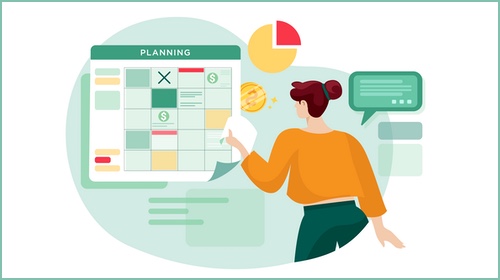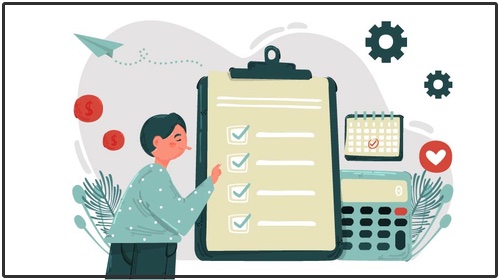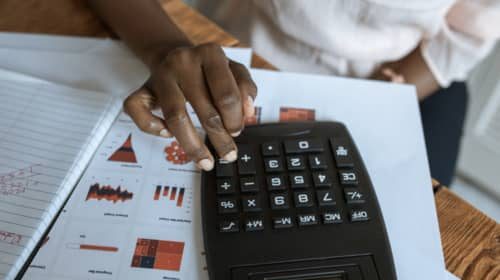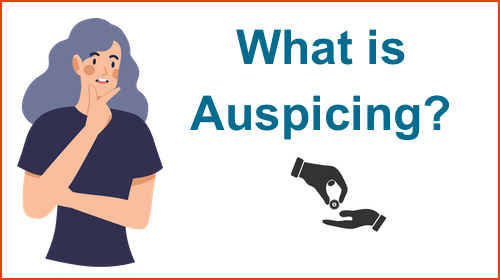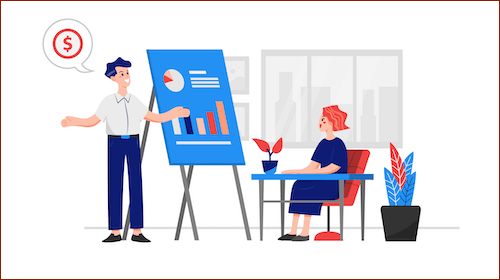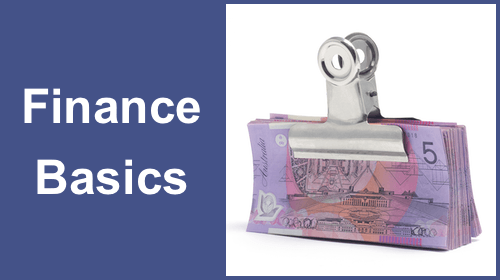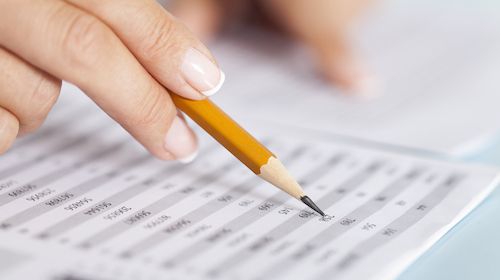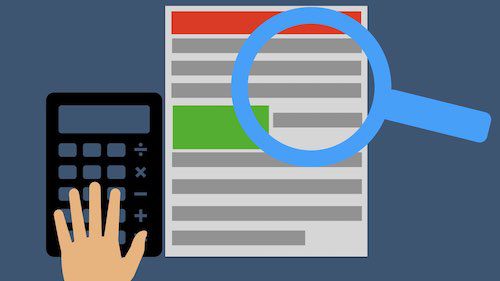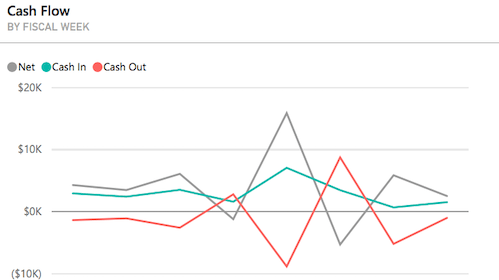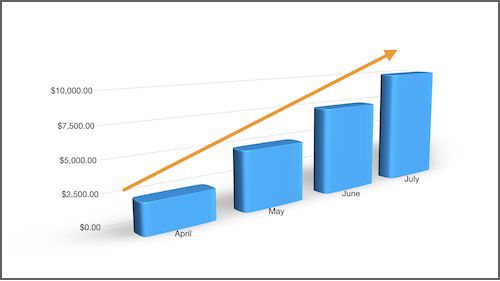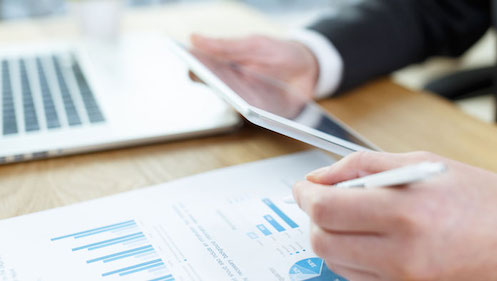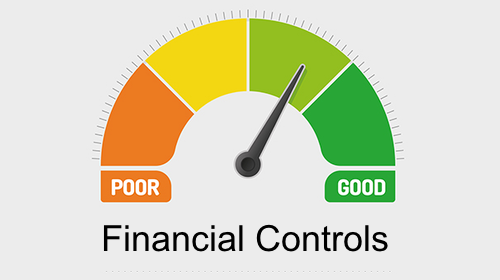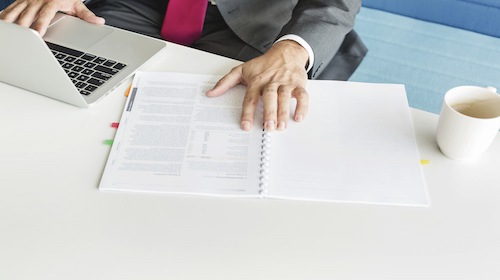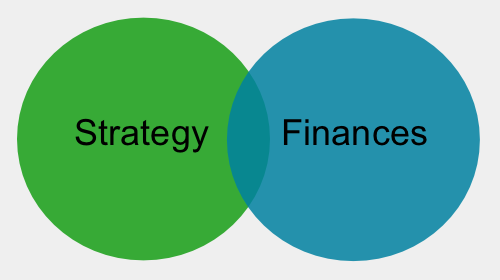Understanding your Balance Sheet
Authored by:
iClick2Learn Team
Translate Text
Video Transcript
Your balance sheet, shows you your financial position. And how healthy you’re at a particular point in time. It tells you what you own, what you owe, and the funds you have accumulated. The balance sheet, has these three sections. Assets which you own, such as cash, investments, buildings, land, equipment, and debtors who owe you money. Liabilities, which you owe to others, such as loans, overdrafts, creditors, and bank credit. and bank credit. And Equity, which is the net worth of the organisation, sometimes called, capital or accumulated funds.
Equity is the amount left over, once you deduct liabilities from assets. The amount of equity you have, is one indicator of your solvency position. Looking at this balance sheet example, the equity position looks good. But what is it that determines equity? If you’re thinking it’s the assets and liabilities, you’re right. So how could these two things, affect your financial position? Let’s have a look at a scenario. What if the $37,300 was reduced by one debtor, who is now insolvent and can’t pay. Let’s consider motor vehicles. It seems they’ve been recorded, as the actual purchase price, Less accumulated depreciation, creating an asset value of $117,100. But that may not reflect current market value. What if you could only sell them, for 20% of that value? And on top of that, they will purchase with grant funding. So you have to return that money, creating an additional liability. Your assets have now decreased by $154,400. Let’s look at a couple of scenarios with your liabilities. Let’s say there’s been an error, calculating the bank loan interest, resulting in a $27,000 increase. You also have to repay $20,000, because money for another grant, wasn’t spent as per the contract agreements. Your liabilities have now increased by $453,420 Overall, your equity position has reduced, by $224,820 Changes like these aren’t uncommon, if assumptions are made.
The bottom line is, make sure you ask questions, about how assets are valued, and how they treated, and what this means. And the conditions of liabilities, such as contract terms, interest and repayments. This will also help, when you’re calculating your solvency position, which we’ll discuss in a future video. You should now have a sound understanding, of why your balance sheet is important, what your balance sheet tells you, what information is included in your balance sheet, and what questions to ask.
Related posts
Developing a Fundraising Plan
Create a Sponsorship Plan
Develop Your Event Plan
Approving Your Budget
Top 10 tips for your grant budget
3 Essential Financial Documents
Staying On Top of Your Financials
What is Auspicing?
Understanding Common Financial Reports
Finance Basics
Understanding how to Read and Analyse your Financial Statements
Financial Controls That Protect you and Your Organisation
What are Audits and Which one do I Need?
Why you Need Financial Reports to Help Make Decisions
Forecasting your Financial Future is the key to Financial Success
Monitoring your Financial Position
Financial Controls
Paying Committee Members
Key Financial Terms
How to Assess your Financial Health
Align Strategy and Finances
- Tags | Budgeting, Financials


